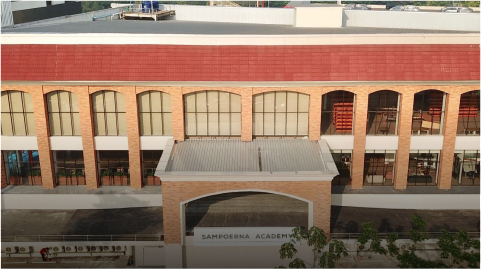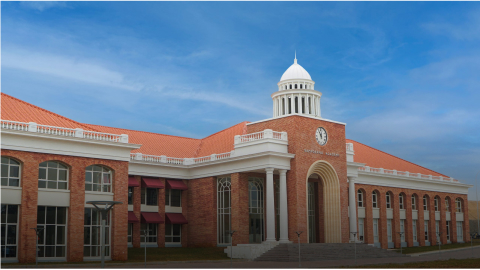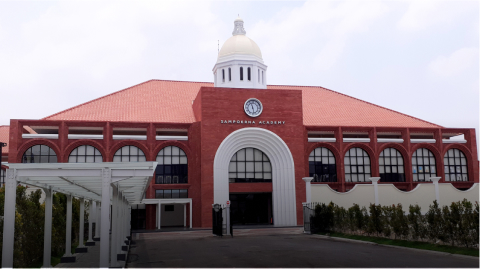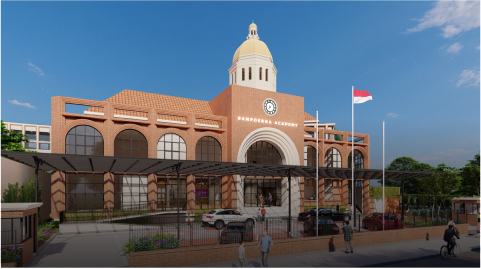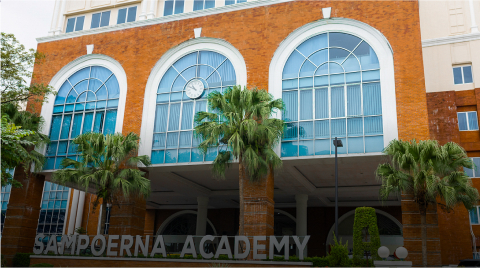Elementary School
STEAM-Powered Learning for Little Innovators
Through engaging projects and hands-on activities, students develop critical thinking
problem-solving, and teamwork skills essential for success in the 21st century
.
Grade 1 | Grade 2 | Grade 3 | Grade 4 | Grade 5 | Grade 6
Elementary School Grades
We believe that each child is unique and our teachers work with parents to develop a tailored pathway that promotes independence, creativity, and imagination .
Our Curriculum
Students become more actively engaged in their learning and develop essential interpersonal skills as they work together in teams to solve problems and share knowledge.
Our teachers facilitate learning by creating an inclusive environment which is conducive to creative thinking and focuses on shared discovery.
Each student will produce a portfolio that they create to document their academic and social development. In Upper Primary grades, these portfolios become digital resources and are stored on their own Google Drive account to serve as an artifact of their learning.
This portfolio allows for a student’s learning to be assessed and provides parents with a tangible means of following their child’s academic and socio-emotional development.
Students in Upper Primary Grades learn key programming concepts and are challenged to use their logic and critical thinking skills in building their own applications.
LEGO robotics classes help students learn basic coding.
Students develop critical thinking and evaluation skills as they explore the fundamental concepts inherent in the STEAM fields through hands-on activities and are given opportunities to communicate their hypotheses, methodology, and findings to their peers.
The STEAM projects aim to develop students’ intellectual agility and equip them with the ability to evaluate information critically.
Students are required to present their projects to various groups – peers, teacher, parents, and visitors during the STEAM fair which serves as a platform where students can demonstrate and explain what they have learned to their peers, teachers, and families.
Sampoerna Academy uses International benchmark tests for the students, such as Measures of Academic Progress (MAP) by North West Evaluation Association (NWEA). MAP tests are individualized measures of performance in reading, math, and science. The test results help the teachers, parents, and administrators improve student learning and make informed decisions to differentiate learning and promote individual student academic growth.
Other benchmark exams by Cambridge and Indonesian Ministry of Education are utilized to measure the effectiveness of our academic plan.
Students are taught by subject specialists in English, Mathematics, Science, Foreign Language and Computer Science from the 4th grade onward.
iPads equipped with educational software and design programs introduce our youngest learners to digital creativity and exploration.
Our Makerspace serves as a hub for hands-on exploration and innovation, featuring robotics, 3D printer and other emerging technologies accessible to students from Kindergarten to Grade 12
Our Stimulating Environment
Sampoerna Academy ELC provides a stimulating and nurturing environment that fosters holistic growth in every child. Our purpose-built, technology-integrated classrooms support personalized and STEAM-based learning, offering a vibrant and conducive space for exploration. Dedicated areas like the 'safe space' nurture social-emotional well-being, while our spacious outdoor areas encourage inquiry-based learning and physical development through active play.
In addition to play areas and exercise spaces, many of our schools feature larger playing fields, creating an engaging and well-rounded environment where children can grow, thrive, and develop a love for learning.
Available at

